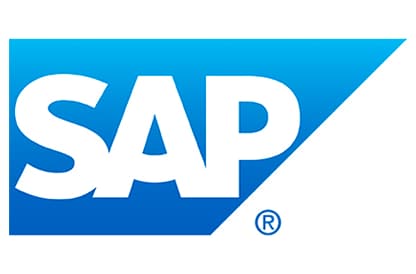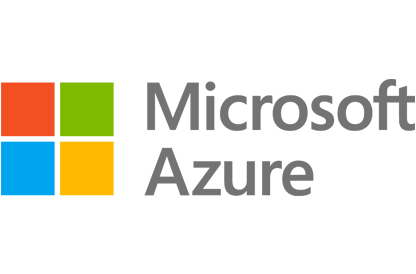The regional financial services company, providing ePayables services, as well as integrated solutions to handle ACH wires and checks for clients, found that the legacy system on which the services were built no longer met its needs. More stringent banking regulations created the need to find a platform that was PCI compliant with current regulations and could also easily upgrade as future regulations dictate.
Resource availability was also an issue for the company because only one person was assigned to support the financial company’s account, which meant delays in service and support if that individual was out of the office. This affected the bank’s ability to serve clients in the timely manner they expected.
Additionally, the company was challenged to ensure the solution did not negatively impact customers’ business by requiring additional investment in technology, significant customer involvement in implementation or downtime that interfered with normal business activities. The challenge was further exacerbated by the fact that a wide range of formats was used.
Migration to OpenText™ Alloy™ gave the financial services company the ability to handle large volumes of data and client solutions seamlessly and ensured a PCI-compliant environment that protects client information.
The OpenText Professional Services team moved all clients to the new platform, coordinating with the credit card processing company, translating internal processes correctly to the new environment, providing support to the bank’s customers and onboarding new clients.
Alloy supports ePayables and ACH payments for customers who cannot transmit directly to the credit card company due to incompatible formats, some of which were simply electronic copies of a paper form. By creating maps unique to each client, there is no need for investment in new technology by the bank’s customers. Instead, Alloy translates existing formats into a format accepted by the credit card company.
The proliferation of legacy systems for both banking companies and their customers often creates roadblocks to innovation and adoption of new services. Alloy’s robust mapping capabilities and translation of data to match destination formats negates the need for investment in technology by both the banking institution and its customers.
An added benefit of a managed services approach to data management and integration not only eliminates the need for capital expenditures to purchase and scale technology by offering a predictable monthly operating expense, it also removes the burden of staffing from the financial services company to handle implementation or ongoing support. Expertise in integration and PCI compliance keeps the Alloy platform up to date on the latest enhancements and requirements to maintain a PCI compliant environment.
Alloy is scalable and easily supports the addition of new services, customers and capabilities as the financial services company’s needs change. A number of automation tools available through the platform also promise improved timeframes for transactions, as well as customer onboarding—both critical components to customer satisfaction.






 Regional bank
Regional bank


